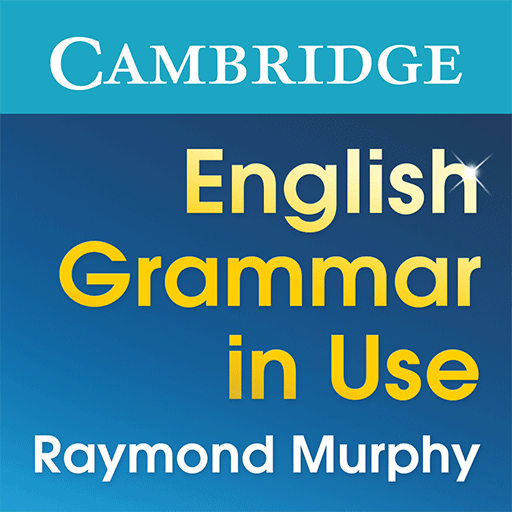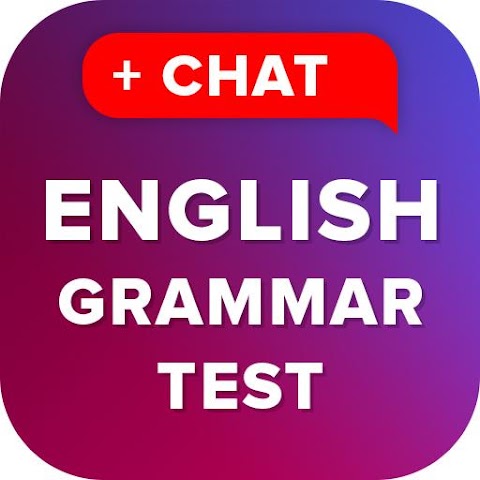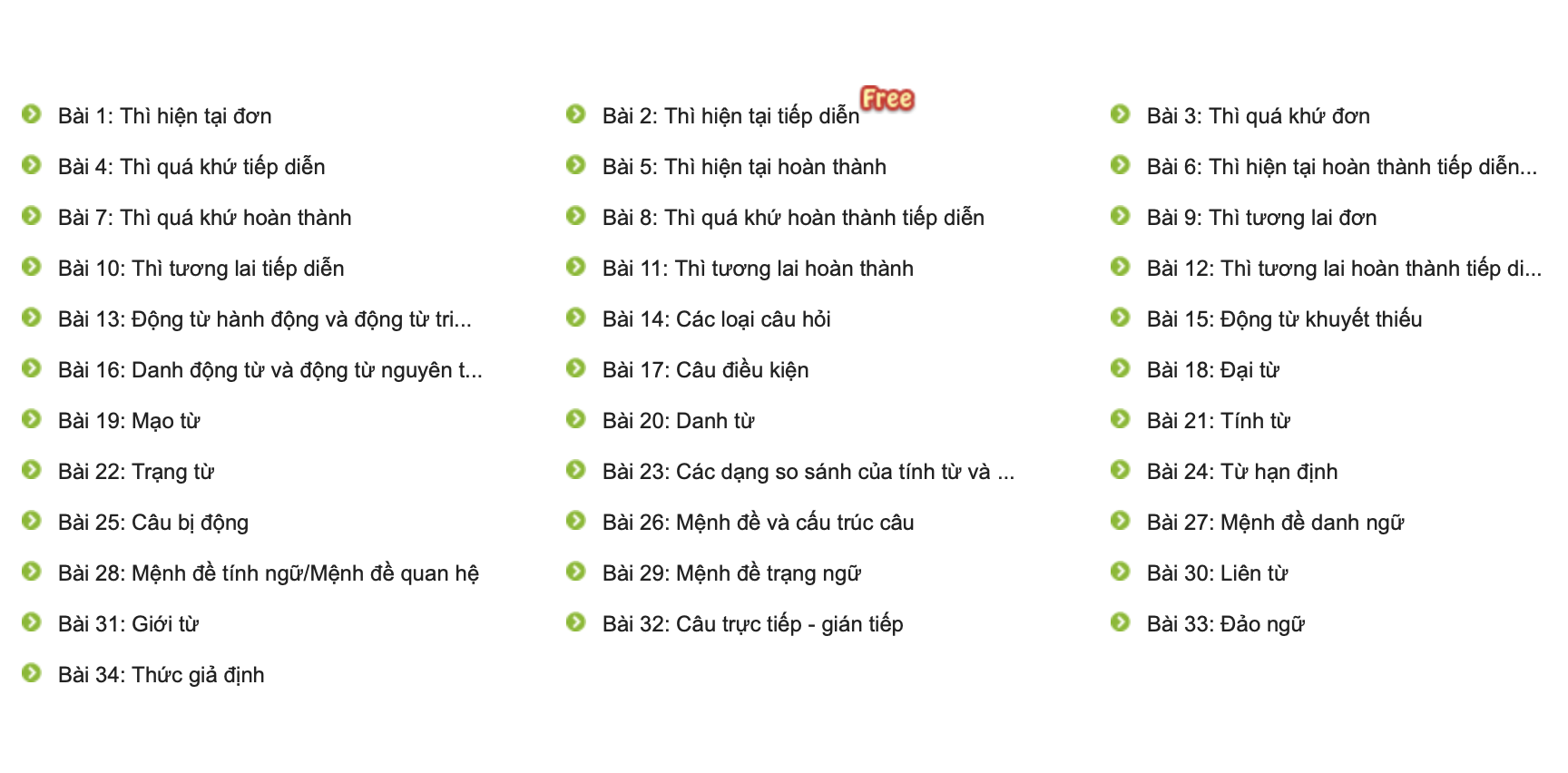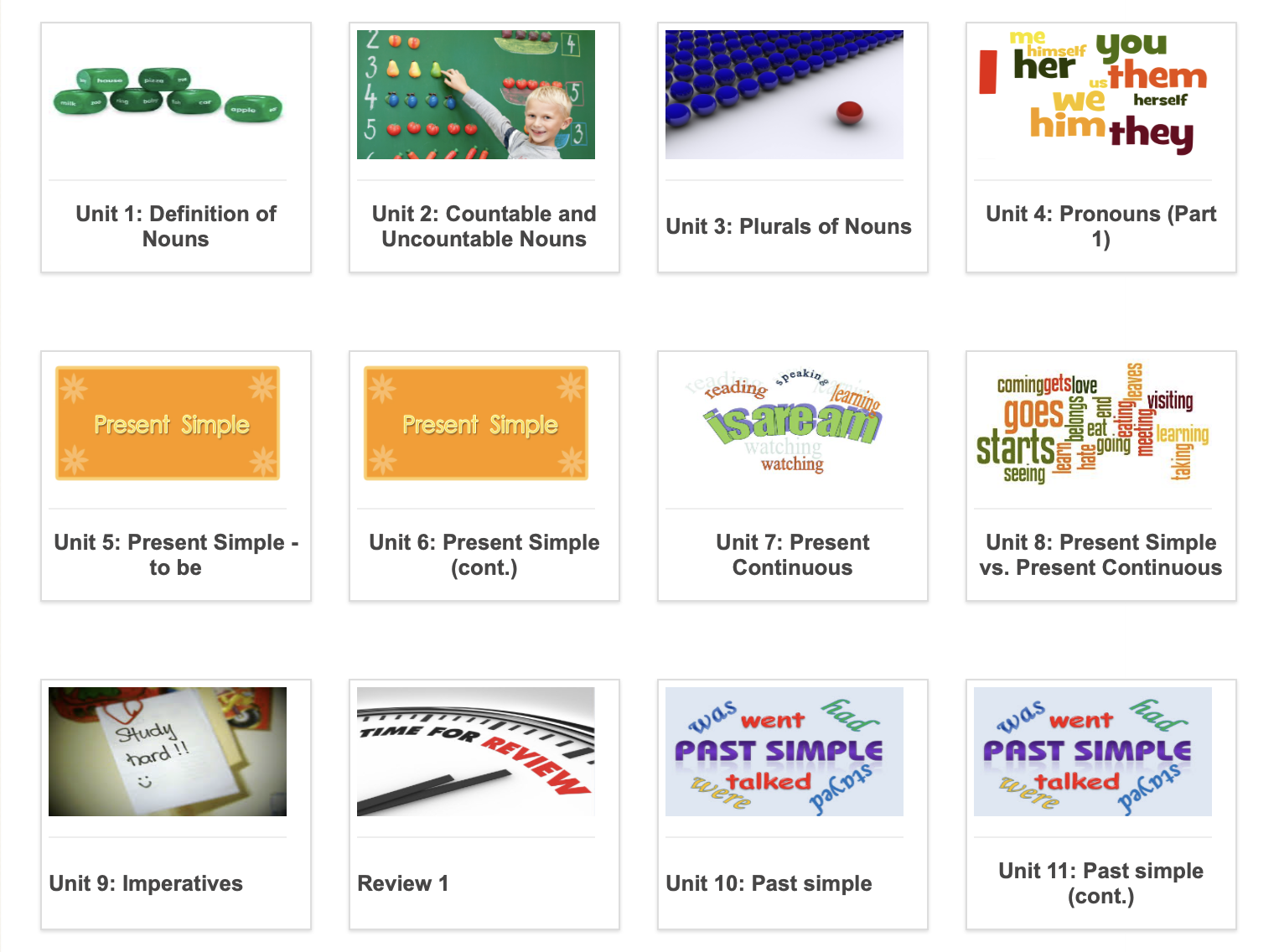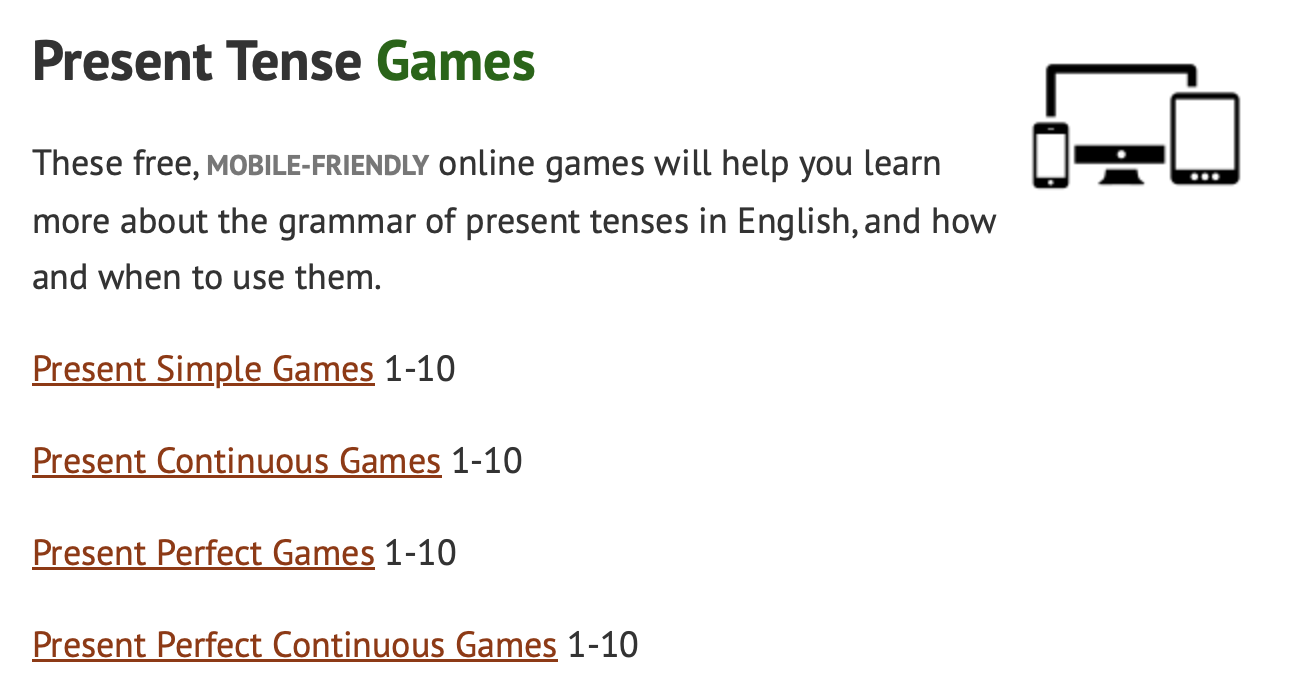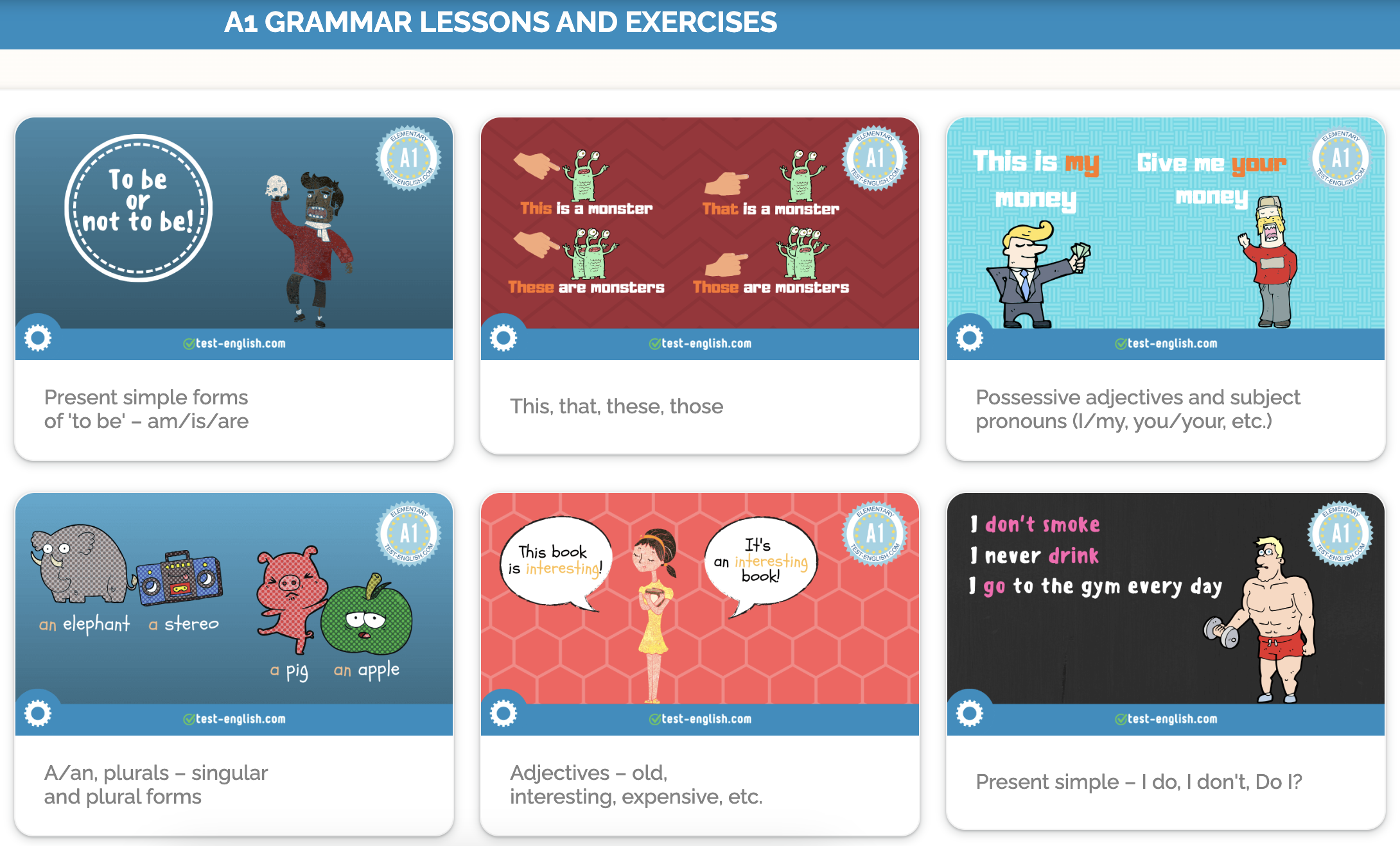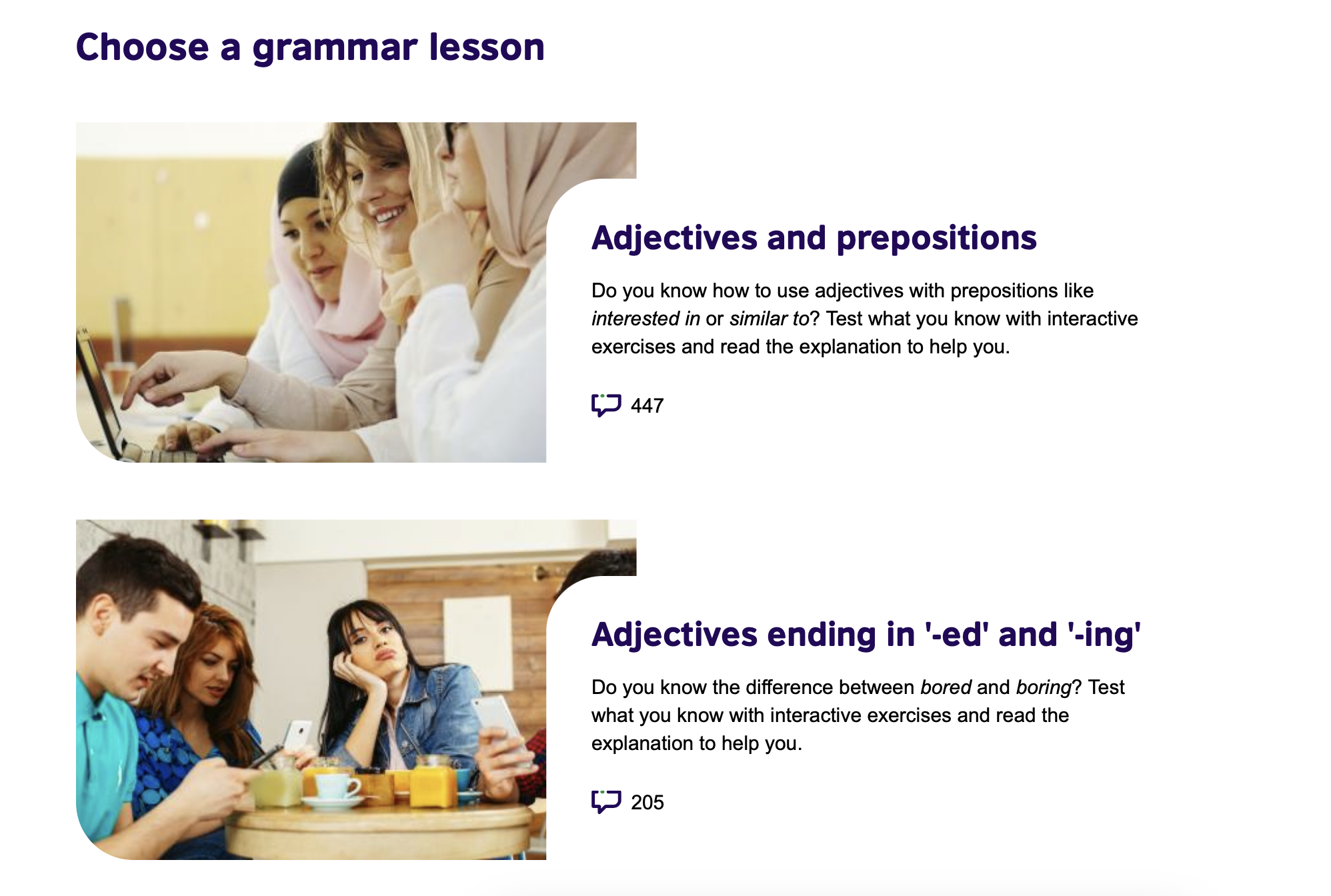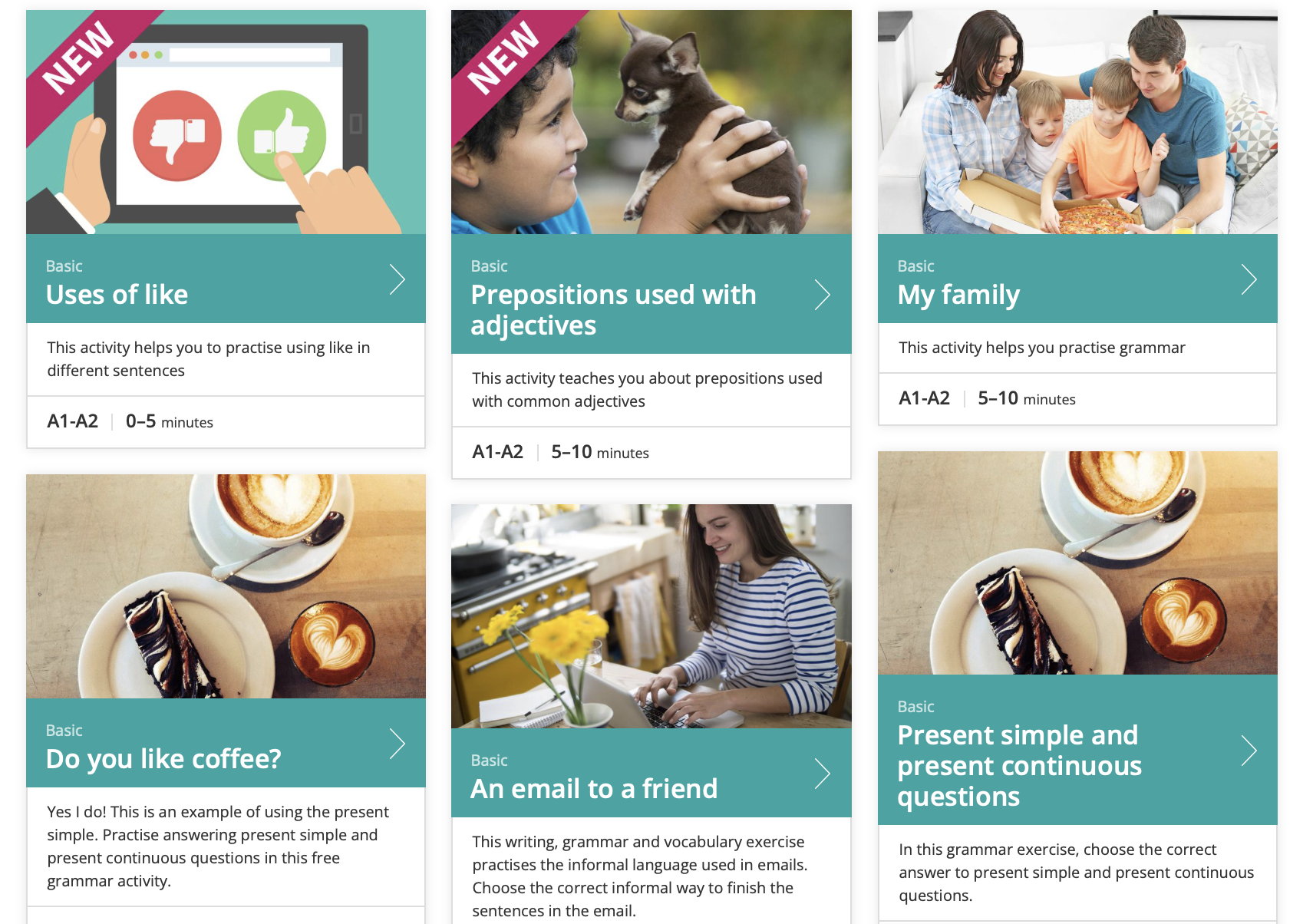English Grammar – A2 Pre-intermediate Level

Waystage
Use some simple structures correctly, but still systematically make basic mistakes; nevertheless, it is usually clear what they are trying to say.
Let's start below
A2 adjectives and adverbs
- Adjectives vs adverbs, word formation, word order i.e. quick vs quickly, sudden vs suddenly, bad vs badly.
- Comparative of adjectives with -er and more i.e. older, more expensive
- Superlative of adjectives with -est and the most i.e. the biggest, the most interesting
- Irregular adjectives: less, good, bad, more
- The use of than, i.e. She is a better driver than me.
- Adverbial phrases of time, place and frequency – including word order
A2 articles and quantifiers
- A, An, The, 0 article i.e. a book, an orange, the book, the students, students, etc.
- Superlative of adjectives with the best, the most i.e. He is the best man I have ever met. This is the most interesting book I have ever read.
A2 conditionals
- Zero conditional i.e. Take medicine if you feel ill.
- First conditional i.e. If it rains tomorrow, I will stay home.
- First conditional with unless, if only i.e. I will come unless you cancel. If only my boyfriend knew.
- Wish i.e. I wish I was taller. I wish it wasn’t true.
A2 conjunctions
- where, when, whose, why, whose, who, that
- Basic compound sentences i.e. I went out when it was raining. She is the woman who can speak five languages. Emma lives in a house that is 100 years old.
A2 future tenses:
- Future with will: sudden decision i.e. I will show you how to use the new laptop.
- Future with going to i.e. Sarah is going to sell her car.
- Present simple for future i.e. The plane leaves at 8.
- Present progressive for future plans i.e. He is not working tomorrow.
- Will for asking for help i.e. Will you do it for me?
- Shall for suggestions i.e. Shall we go for a walk?
A2 gerund and infinitive:
- Verbs followed by infinitive or gerund i.e. want, plan, decide, try, hope, expect, offer, forget, need, promise, refuse, learn, etc.
- Stative verbs i.e. like, know, belong, love, hate, suppose, mean, want, understand, seem, prefer, etc.
A2 modal verbs:
- Can or can’t for abilities i.e. I can play tennis. I can’t speak Spanish.
- Past simple of can or can’t for abilities i.e . She could paint before she started school. I couldn’t cook until I went to university.
- Polite request with could and couldn’t i.e. Could you post this letter for me?
- Obligation with must i.e. I must clean. You must carry your ID at all times.
- Prohibition with mustn’t i.e. I mustn’t be late. You mustn’t smoke here.
- Have to for obligations in present and past i.e. I have to take my medicine. I had to see my boss last night. I had to go to the dentist.
- Must vs have to i.e. I must eat something. I have to pass an English test.
- Necessity with need and needn’t and have to i.e. You need to study. You needn’t go yet.
- Needn’t for permissions i.e. You needn’t wear glasses.
- Can for asking for permission i.e. Can I leave now?
- Can for possibility i.e. Can I open that door, please?
- Shall for suggestions i.e. Shall we see your parents next week?
- Should for giving advice i.e. You should sleep more. You shouldn’t work so much.
A2 past tenses:
- Past simple: actions in the past i.e. I worked last night. I didn’t work. Did you work?
- Past simple of TO BE, i.e. I was, You were, She was, He was, It was, We were, You were, They were
- Past simple: regular and irregular verbs i.e. I visited London in 1998. I went to see a film yesterday.
- Past progressive i.e. I was watching the game. She was working for hours.
- Past progressive action interrupted by past simple i.e. I was playing basketball when the phone rang. She was cooking when we came.
- Major irregular verbs.
A2 prepositions:
- Prepositions of place: at, in on, in front of, under, behind, among, beside, near, next to, between, across, into, through, onto, out of, etc.
- Prepositions of time: on, in, for, at, etc.
- Prepositional phrases: on foot, etc.
- By, Of, With
A2 present tenses:
- TO BE, i.e. I am, You are, He is, She is, It is, We are, You are, They are
- There is, There are, i.e. There is a book on the table. There are books on the table.
- HAVE GOT, positive, negative i.e. She has got two sisters. I haven’t got a house.
- HAVE i.e. I have blue eyes. Our house doesn’t have five bedrooms.
- Present simple for habits and daily routines i.e. I never drink coffee in the morning. I never drink and drive. I usually visit my family for holidays.
- Present simple for future i.e. The bank is open from 8 o’clock.The concert starts at 7 p.m.
- Adverbs of frequency: always, never, often, seldom, usually i.e. I often go to the farmers’ market. I often watch romantic movies.
- Word order of sentences with adverbs i.e. She ate quickly. He played brilliantly.
- Present progressive: actions happening now i.e. She is washing the car now. He is singing.
- Present progressive for future i.e. I am seeing my mother tonight. She is coming tomorrow.
- Present perfect with since and for i.e. I have been learning English for seven years. I have lived here since 2001.
- Present perfect with ever and never i.e. Have you ever been to the USA? I have never flown before.
- Present perfect with already and yet i.e. I have already done my homework. I haven’t spoken to my boss yet. Have you drunk your tea yet?
A2 pronouns:
- Personal pronouns: I, he, she, he, it, we you, they
- Possessive pronouns: my, your, his, her, his, its, our, your, their
- Possessive with ‘s i.e. Tom’s diner, Susan’s song
- Object pronouns: me, you, him, her, it, us, you, them
- Demonstrative pronouns: that, those, this, these
- Pronouns: something, anything
- Reflexive pronouns: myself, himself, herself, etc.
A2 questions:
- Interrogative pronouns: Where, Whose, When, Who, How long, Whose, How, What time, Which, What, i.e. Who said that? How are you? Whose shoes are these? What time is your lesson?
- Forming questions with TO BE i.e. Are you happy? Is she your sister?
- Forming questions with HAVE GOT i.e. Have you got a green car? Has she got a cat?
- Forming questions with Present simple, progressive i.e. Do you speak Spanish? Are you wearing a hat?
- Forming questions with Past simple, progressive i.e. Did you work last night? Were you working last night?
- Forming questions with Present perfect i.e. Have you ever been to New York?
- Question tags i.e You have a cat, don’t you? She is American, isn’t she?
Learning a new language is a long process of acquiring knowledge and sharpening skills. Just diligently study and practice without too concentrating on the exams as the score or grade is merely the evident outcome of the ceaseless progress. Just focus on how to learn so that you can use the language fluently and confidently. So, let’s begin learning whatever you like below and persevering with them.
Videos
18 videos
22+ videos
39 videos
69 videos
27 videos
18 videos
6 videos
48 videos
32 videos
19 videos
150 videos
APPS
Learners can study with some intermediate apps with various lessons, levels, and funny games to have motivation and maintain the learning process every day. You can download the app from your CH Play or App store.
English Grammar in Use
The app includes theoretical knowledge associated with practical exercises, developed by Cambridge University based on the book of the same name by author Raymond Murphy.
Magoosh Grammar
Mainly aimed at helping users with theoretical knowledge, the application includes many different grammar topics with the method of learning vocabulary through flashcards.

